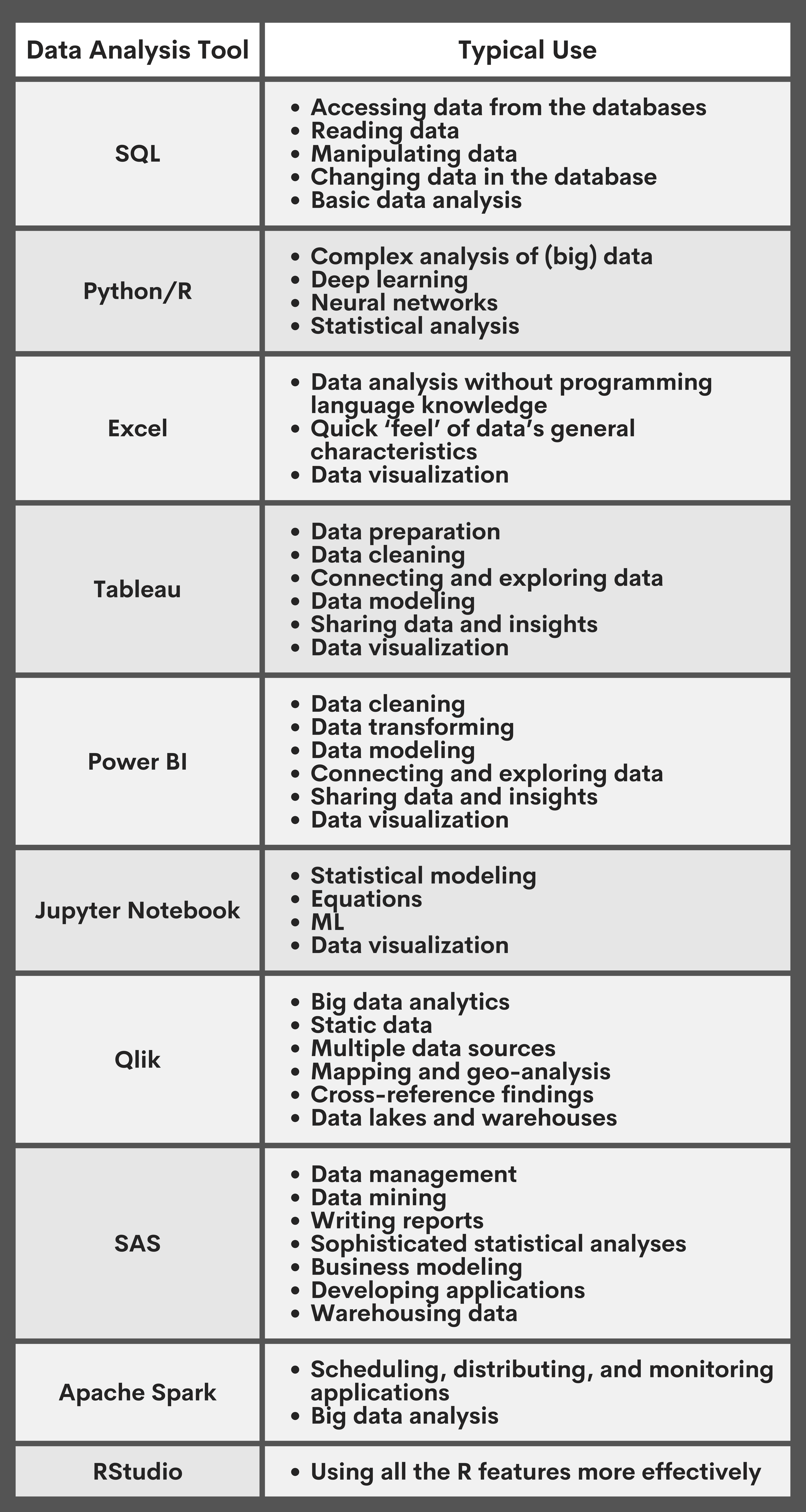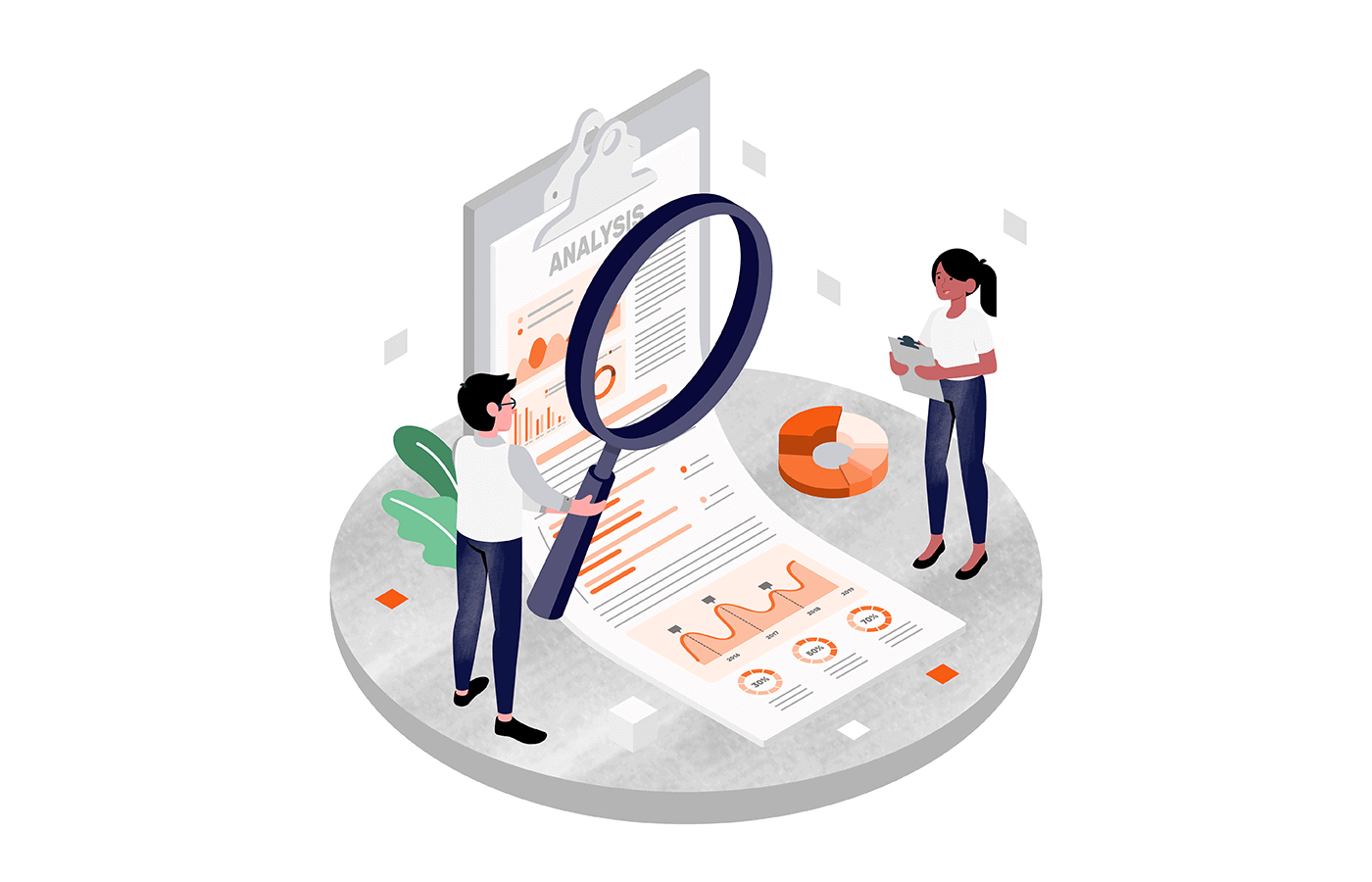Maximize Development: How Analytics Drive Better Approaches
By harnessing data insights, services can improve their operational methods, expect market adjustments, and boost customer engagement. The challenge lies not only in gathering information yet in properly analyzing it to drive tangible outcomes.
Understanding Data Analytics
Data analytics is a systematic computational analysis of data that enables organizations to uncover meaningful patterns and insights. This process encompasses a variety of techniques, including statistical analysis, predictive modeling, and information mining, which jointly intend to change raw data into actionable information - Analytics. By employing these methodologies, organizations can make informed choices that are rooted in empirical proof instead than instinct alone
The structure of data analytics lies in its ability to handle vast amounts of details from varied resources. This includes structured information, such as data sources, and disorganized information, consisting of social media sites communications and client comments. Through using specialized software and devices, analysts can extract and refine this information efficiently, identifying fads and connections that may not be instantly apparent.
Recognizing information analytics also entails acknowledging the significance of information top quality and stability. Trustworthy and accurate information is vital for meaningful evaluation; therefore, companies need to execute durable data administration practices. In addition, the iterative nature of analytics permits constant improvement and enhancement of strategies, making sure that organizations continue to be nimble despite transforming market dynamics and consumer behavior.
Key Benefits of Analytics

Among the vital advantages of analytics is its ability to provide actionable insights. Organizations can rapidly evaluate huge amounts of data, discovering patterns that may not be promptly noticeable. This aids in preparing for market changes and adjusting methods as necessary. Furthermore, analytics promotes a culture of evidence-based decision-making, decreasing reliance on intuition and uncertainty.
An additional considerable advantage is boosted customer understanding. Analytics devices enable businesses to section their target market, track consumer actions, and individualize marketing efforts. This targeted method not only boosts consumer engagement yet likewise drives higher conversion prices.

Implementing Analytics Approaches
To completely understand the benefits of analytics, organizations need to take on structured methods for execution. This begins with clearly specifying purposes that align with wider organization goals. By establishing certain, quantifiable outcomes, organizations can concentrate their analytics initiatives on locations that yield the greatest return on financial investment.
Following, organizations ought to prioritize information administration to make certain the integrity and safety of the information being evaluated. This entails establishing procedures for information collection, storage space, and access while adhering to relevant policies. Making sure top quality data is vital for creating purposeful understandings.
In addition, fostering a society of data-driven decision-making is essential. This requires training employees to interpret analytics findings and motivating cooperation throughout divisions. They are a lot more likely to integrate insights right into their day-to-day procedures. when teams understand the value of analytics.
Last but news not least, companies need to regularly assess and improve their analytics methods. The landscape of data and technology is continually evolving, and remaining adaptable will permit companies to leverage brand-new devices and approaches effectively. By implementing these organized techniques, organizations can maximize the influence of their analytics efforts and drive sustainable development.
Tools for Reliable Analysis
Reliable evaluation relies on a selection of tools that facilitate the removal of insights from information - Analytics. These tools can vary from easy spread sheet applications to advanced equipment discovering platforms, each serving an unique objective in the analytical procedure
Data visualization software program, such as Tableau and Power BI, plays a vital role in transforming intricate datasets into reasonable visual representations. These tools enable experts to recognize patterns and patterns promptly, enabling more educated decision-making.
Analytical evaluation software, like R and SAS, provides innovative capacities for conducting extensive evaluations, consisting of regression, theory screening, and anticipating modeling - Analytics. These features empower companies to draw meaningful final thoughts from their see this site information, determining possible possibilities and threats
Furthermore, database management systems such as SQL and NoSQL databases offer the required facilities for keeping and inquiring big quantities of information effectively. They make sure that information is arranged and easily accessible for evaluation.
Finally, service knowledge platforms integrate various data sources, giving a comprehensive sight of business efficiency. By using these tools efficiently, businesses can enhance their logical capacities, allowing them to establish techniques that optimize growth and improve overall efficiency.
Situation Research Studies of Success
Successful companies usually take advantage of data analytics to drive impactful strategies, as evidenced by numerous significant study. One noticeable example is Netflix, which utilizes advanced algorithms to assess visitor choices and habits. By employing these understandings, Netflix has successfully customized its content referrals, leading to enhanced customer interaction and subscriber retention. Their data-driven strategy has certainly added to their condition as a leading streaming solution.

Furthermore, Starbucks utilizes information analytics to establish optimum shop areas and refine its product offerings. By examining customer demographics and purchasing patterns, Starbucks successfully determines high-potential markets and tailors its menu to local tastes, driving sales and customer loyalty.
These study illustrate that effective utilization of data analytics can lead to strategic advantages, cultivating technology and development within companies throughout various sectors.
Conclusion
In conclusion, the assimilation of analytics right into organizational approaches substantially enhances decision-making procedures and fosters lasting growth. The reliable application of analytics devices even more sustains agility and innovation, allowing organizations to navigate affordable landscapes with greater accuracy.
Data analytics is an organized computational analysis of data that makes it possible for organizations to reveal meaningful patterns and understandings.Understanding information analytics additionally includes identifying the significance of information top quality and stability. Exact and dependable information is crucial for significant evaluation; thus, organizations need to implement robust information recommended you read administration practices.Next, organizations need to prioritize data governance to make sure the honesty and safety and security of the information being analyzed.Successful companies commonly utilize data analytics to drive impactful methods, as shown by several noteworthy situation researches.